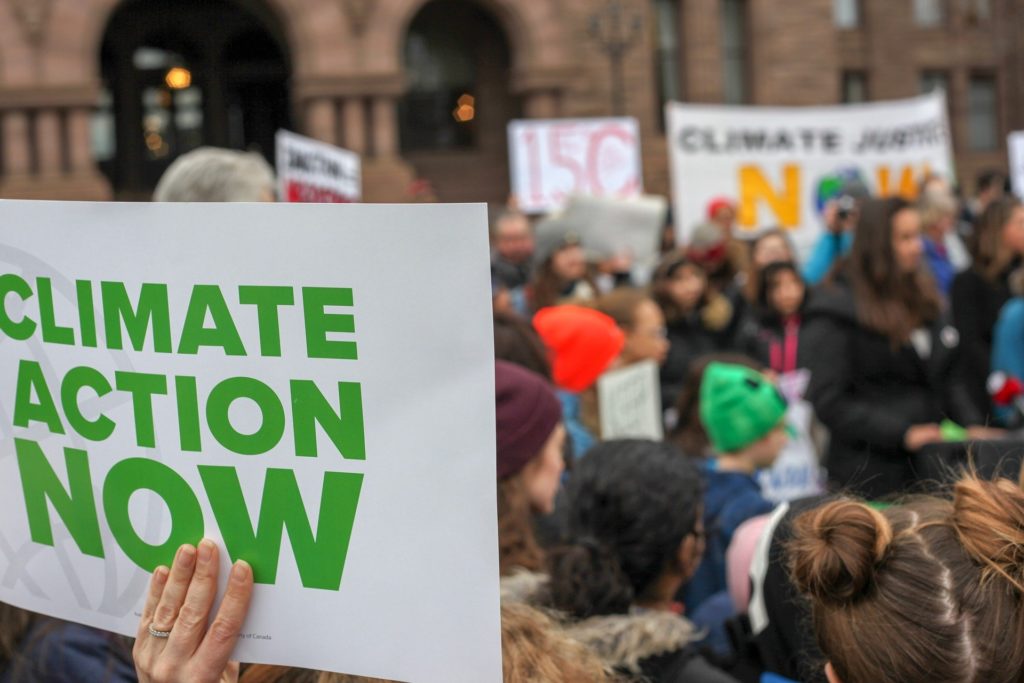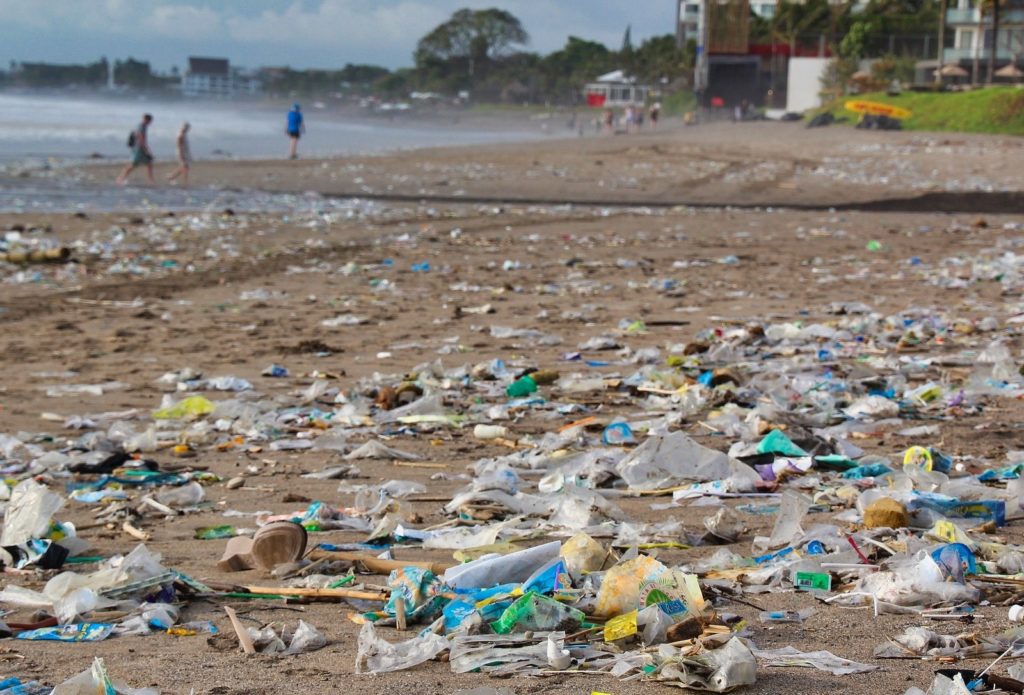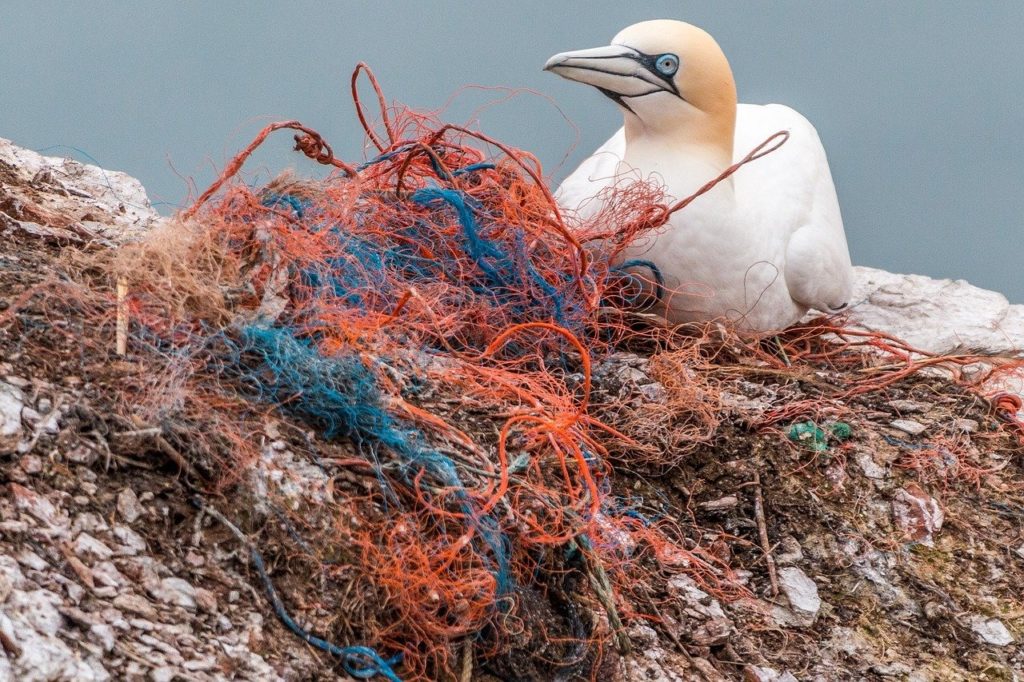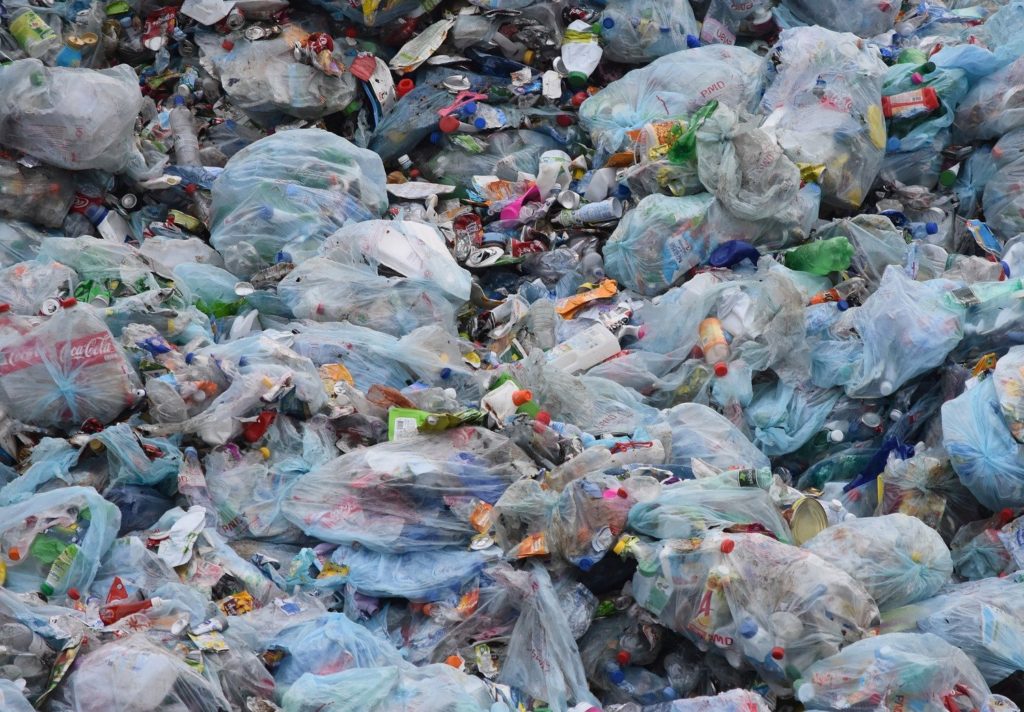
Climate Crisis 2021: Changing Lives by Changing Minds
Climate Change. Since the earliest documentation regarding the impact humanity has had on the planet, we have developed a greater and more extensive understanding with each passing decade. Yet, we have done relatively little in the way of altering our journey down the road to the dark destination we are on track to. Now the phrase ‘climate change’ has turned to ‘climate crisis’. We’re reaching a critical moment in the crossroads of our collective history – it’s code red for humanity.
The climate crisis isn’t an unsolvable problem though. We shouldn’t just passively sit back and accept our shared doom. For decades, researchers and scientists have been putting forward vast numbers of ideas, reforms and policies which could help us avert this cataclysmic climate crisis. Use cleaner energy. Stop deforestation. Repurpose, reuse, recycle. Farm and harvest food sustainably. Reduce carbon emissions. There are so many ways in which we can help bring our climate back into balance. So why haven’t we switched tracks to avert this rapidly approaching climate crisis we are well en route to?
The Climate Crisis
The recently published report by the UN’s Intergovernmental Panel on Climate Change (IPCC) couldn’t be any clearer – or more urgent for that matter. Cut carbon emissions in half by 2030 or face disastrous consequences. In all predicted scenarios, the report shows that 1.5°C in global temperature will be reached by 2040. If we don’t start reducing our emissions before then, we’ll reach those levels even earlier than that.
The message is very clear; the younger generation have a clear understanding of it. Generation Z actually seem to be amongst those who are moved most to act on this message. It is their futures that are being put at risk after all. We know we need to change the path we are on; the goals have been set out clear-as-day for COP26. So, we are left with one all important question. How?
The report makes it glaringly obvious what the solution is; this crisis isn’t being caused by something out of our control. There isn’t an asteroid set on an unavoidable, cataclysmic destruction path hurtling towards Earth; the only thing fueling this imminent apocalypse is human behaviour. However, knowing that the problem has been caused by us means the power also lies with us to fix it.










